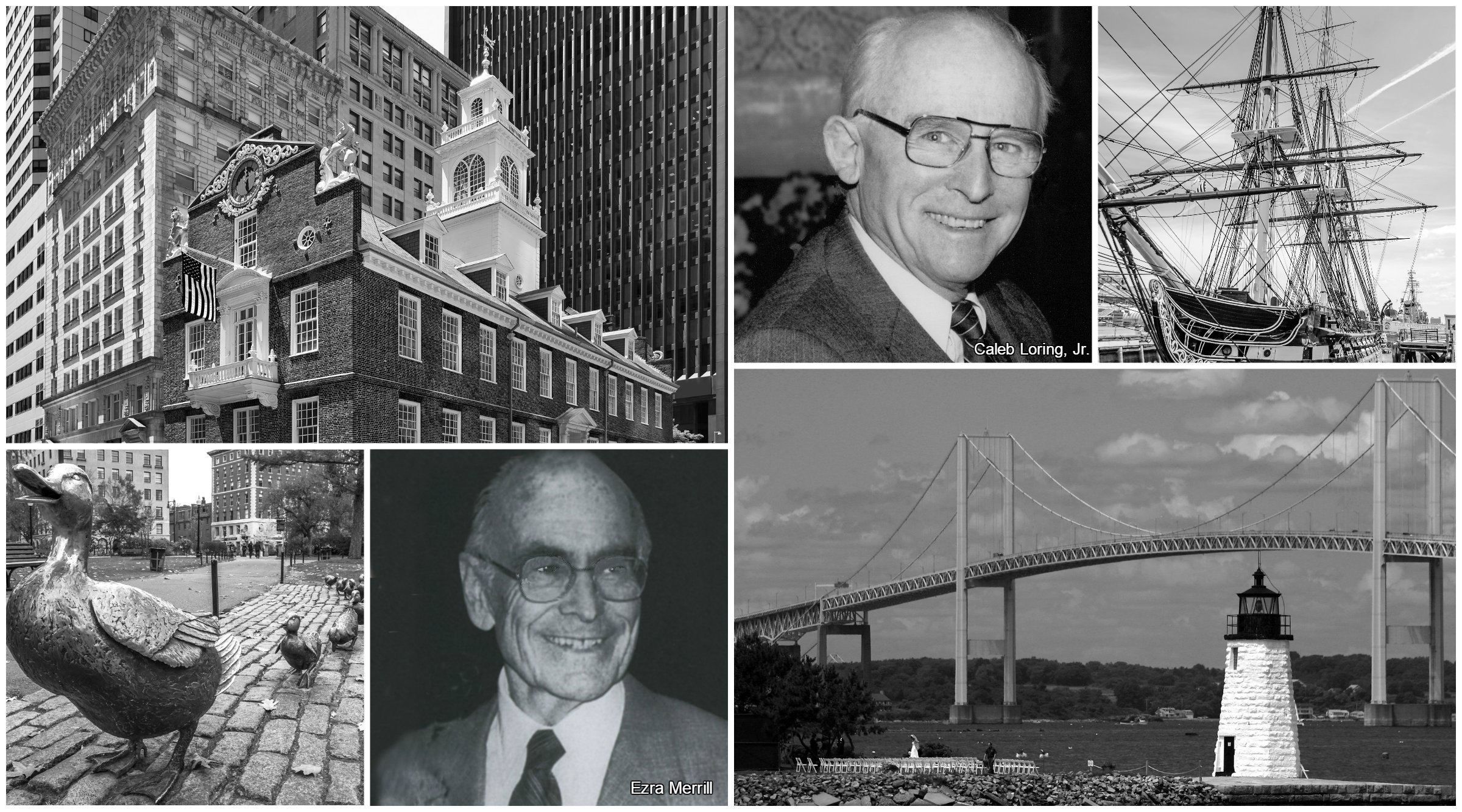
IESC
1964: IESC was established at the initiative of entrepreneurs and philanthropists David Rockefeller and Sol Linowitz, who saw the need for American business leaders to provide technical and managerial advice to developing countries. An all-volunteer corps that viewed private enterprise development as a tool of diplomacy, IESC complemented the efforts of USAID and the Peace Corps, both founded just three years earlier. President Lyndon Johnson announced the launch of IESC (known then as International Executive Service Corps) in the White House Rose Garden, in the company of representatives of American businesses such as Xerox, Time, CBS, and General Dynamics.
ESC-US
1977: The idea of using retired executives’ expertise to help empower nonprofits led to the adoption of a similar approach domestically. The first ESC was established in New York City and currently there are 17 ESC’s around the country, with New England’s being one of the largest.
ESC New England
1982: Executive Service Corps (ESC) and Ability on Long Experience (ABLE) launched in Boston under the name Careers for Later Years. Caleb Loring, Jr. and James Curvey, both senior executives at Fidelity Investments, were major supporters and advisors of ESC, with Fidelity providing office space. ESC’s growth was rapid during those first few years.
1985: Ezra Merrill, the first board chair and driving force between separating ESC and ABLE, passed away and soon thereafter William C. Schrader became chair of the newly independent organization with the mission, “to provide consulting services to other New England nonprofi ts utilizing volunteer, retired executives.” 1989: ESC took on a major project with Boston Partners in Education to provide math and science mentors and tutors in Boston Public Schools. While the mentoring project only lasted a few years, it inaugurated ESC’s long lasting relationship with public education that expanded to include charter
schools, private schools, and afterschool programs.
1990: The mission of ESC evolved and became, “to improve the management of nonprofits in Greater Boston.” The board, led by Sidney Farnsworth, grew to 23 members, and executive director Thomas D. Bushman initiated formal training for consultants. Over the year, sixty consultants contributed 2,400 hours of service.
1995: The mission statement was altered to become more global by adding the phrase, “to improve the quality of life in the community we serve,” and the term, “retired consultants” became, “volunteer consultants.“
1997: Annette Rubin was hired as Executive Director. She led ESC’s further expansion into Rhode Island and the consultant pool grew to 140 strong.
2000: Sylvia Q. Simmons became Board Chair and with support from the Riley Foundation, ESC launched a new project called SEND to assist startup nonprofits.
2002: Samuel L. Batchelder presided over the ESC Board of Directors from 2002-2004.
2005: Under the board leadership of Alan Steinert, Jr. (2004-2007), Bethany Kendall joined the team and began a ten-year tenure at the helm of ESC that focused on consolidating the business and building relationships in the philanthropic and nonprofit communities.
2007: The board adopted a plan to create teams of consultants in discrete practice areas and frameworks to guide consultants and ensure the use of the most effective methodologies.
2012: Ulea Grace Lago joined as Director of Consulting and strengthened the support for consultants to meet their vision of establishing ESC as the go-to resource for small and medium sized nonprofits. Michael F. Stauff (2008-2010) succeeded Steinert as board chair, followed by Judith F. Allen (2010-2012) and Bill Huss (2012-2016).
2014: Looking to fill additional needs of ESC’s nonprofit partners and to develop new revenue sources, Kendall led the board to adopt two new programs, Discovering What’s Next and Encore Fellowships.
2016: Julie Crockford began her ESC service as Executive Director and the board elected Ashok Boghani, Sc.D as board chair. Analysis led to repositioning ESC as Empower Success Corps.



